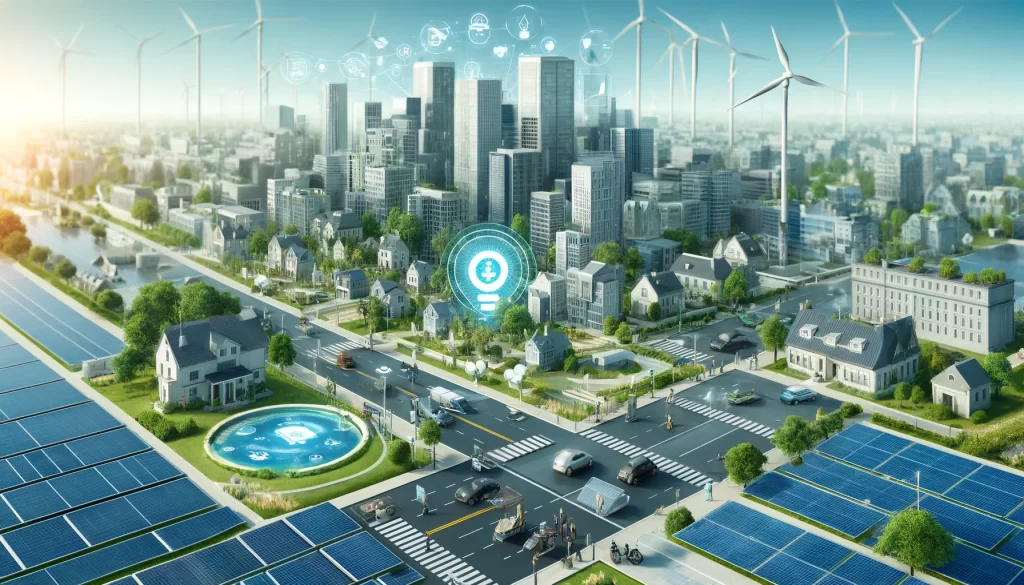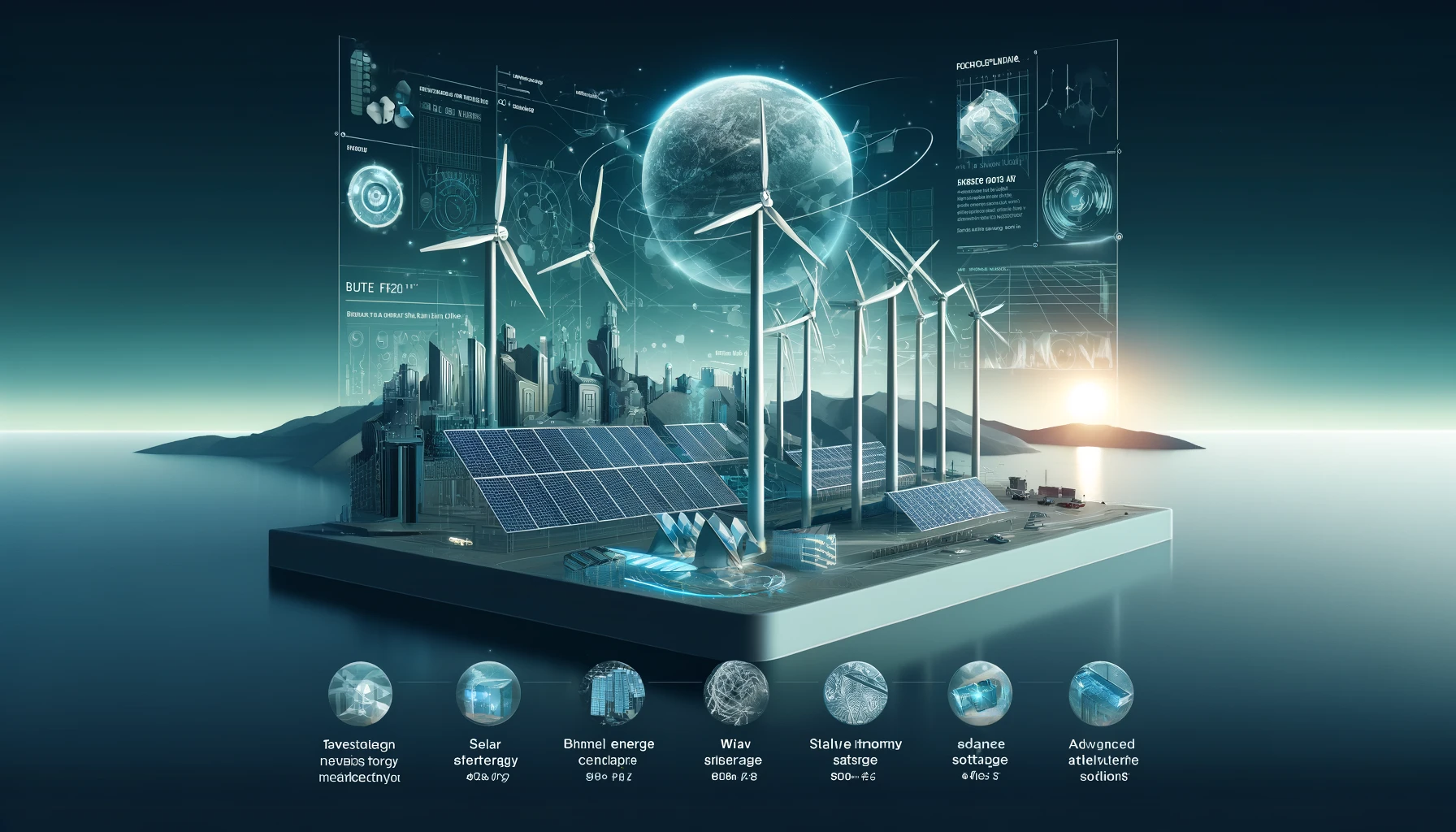As the global population grows and the effects of climate change become more pronounced, the quest for sustainable energy solutions has never been more critical. The future of renewable energy technology promises not only to address the pressing environmental challenges but also to reshape how energy is produced, distributed, and consumed. This comprehensive exploration delves into the latest advancements and future prospects of renewable energy technologies, underscoring their pivotal role in fostering a sustainable future.
The Evolution of Renewable Energy Technologies
Renewable energy sources like solar, wind, hydro, and geothermal have been at the forefront of the transition towards a more sustainable energy sector. However, as technology advances, the potential for these resources expands, offering more efficient, cost-effective, and wider applications.
- Solar Power: Pushing Efficiency Boundaries Solar energy continues to lead the renewable sector with innovations aimed at increasing the efficiency and lowering the cost of photovoltaic cells. Technologies such as perovskite solar cells are emerging as game changers, potentially surpassing the efficiency limits of traditional silicon-based cells. Moreover, the integration of solar energy harvesting into building materials, known as building-integrated photovoltaics (BIPV), is set to revolutionize architecture and urban planning.
- Wind Energy: Scaling New Heights Wind energy is experiencing a technological revolution with the development of offshore and floating wind farms. These innovations not only tap into stronger and more consistent winds over the oceans but also alleviate land-use conflicts associated with traditional wind farms. Additionally, advancements in turbine technology, including larger and more efficient turbine blades, are enhancing energy capture and reducing costs.
- Hydropower: Innovating Beyond Dams The future of hydropower lies in reducing its environmental footprint while maximizing energy output. New technologies such as small-scale hydro generators that do not require large dams are becoming more prevalent. These systems minimize ecological disruption and can be integrated into existing waterways, offering a sustainable addition to the renewable energy mix.
- Geothermal Energy: Unlocking the Earth’s Heat Geothermal energy is set to expand beyond traditional volcanic regions with the development of enhanced geothermal systems (EGS). These systems, which involve creating reservoirs in hot rock deep underground, could greatly expand the geothermal potential to regions previously considered unsuitable for exploitation.
- Emerging Technologies: Wave, Tidal, and Bioenergy Innovations in wave and tidal energy are beginning to reach commercial viability, harnessing the immense power of the oceans. Simultaneously, bioenergy technologies are advancing to convert organic materials into electricity, heat, and biofuels more efficiently and sustainably.

Integrating Renewable Energy into the Grid
The integration of diverse renewable energy sources into national grids poses significant challenges, primarily due to their intermittent nature. However, advances in energy storage technologies, such as batteries and other energy storage systems (ESS), are crucial in managing supply and demand fluctuations. Smart grid technologies are also pivotal, enabling more dynamic management of energy flows and enhancing grid stability.
Socioeconomic Implications
The shift toward renewable energy is not only a technological transformation but also a socioeconomic shift. This transition has the potential to create millions of jobs worldwide in manufacturing, installation, and maintenance of renewable energy infrastructure. Moreover, energy security can be significantly enhanced as countries reduce their dependence on imported fossil fuels.
Policy and Investment
The future of renewable energy tech heavily relies on supportive policies and substantial investments. Governments around the world are increasingly recognizing the importance of both, as evidenced by numerous initiatives aimed at promoting renewable energy adoption and technology development.
Conclusion
Exploring the future of renewable energy tech reveals a landscape rich with opportunities for innovation, growth, and transformation. As we look towards 2024 and beyond, it is clear that renewable energy technologies will play a crucial role in shaping a sustainable, efficient, and equitable global energy system.

